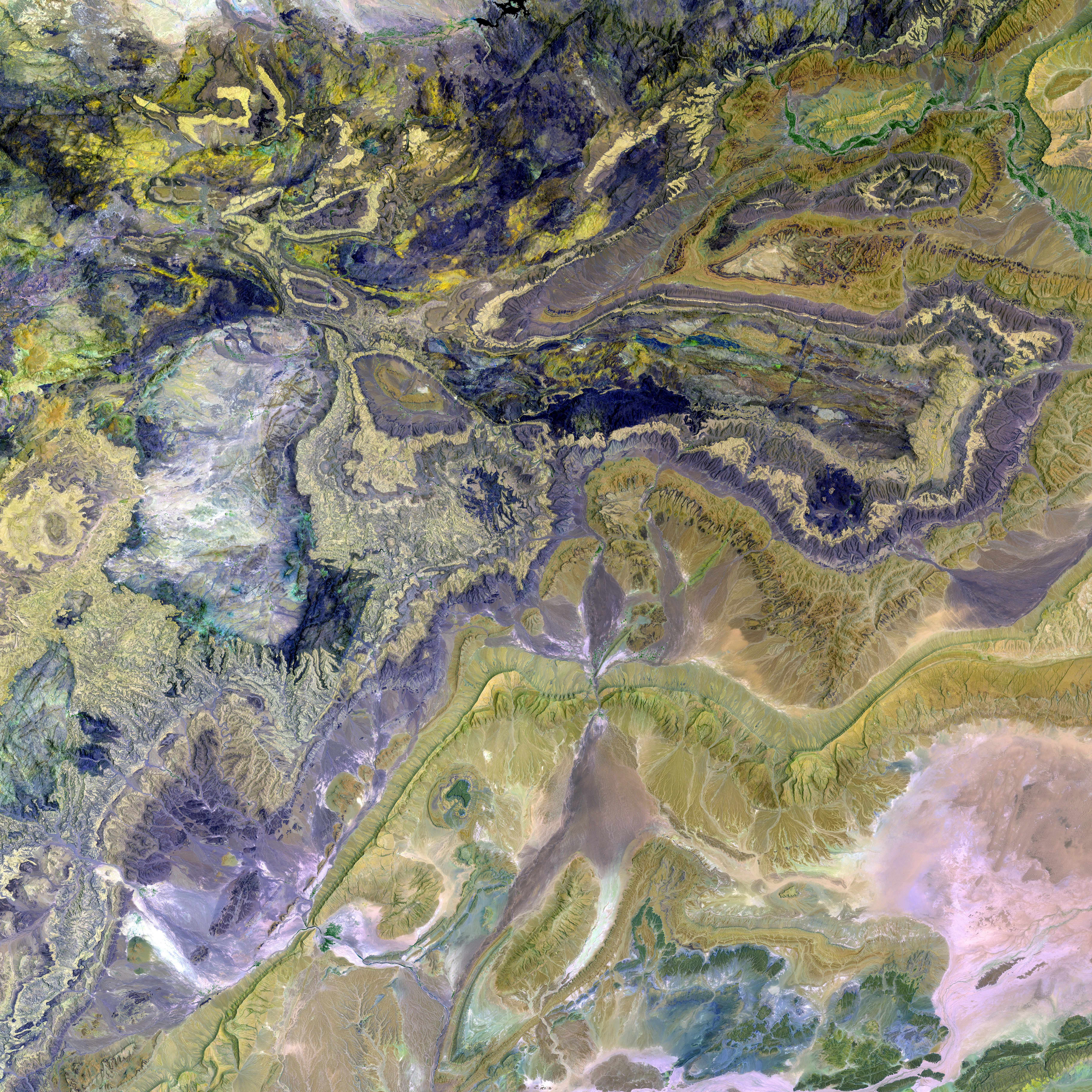Amidst increasing political meddling, Italy's press freedom ranking declines for the second consecutive year.
In 2025's World Press Freedom Index, Italy suffered a three-place drop, landing at a rank of 49th. This downfall marks the second consecutive year of deterioration in the country's media freedom, causing concern over escalating political interference and systematic mafia threats towards reporters.
Advertisement
This annual report, compiled by Reporters Without Borders (RSF), evaluates the ability of journalists to work and report independently in 180 countries worldwide.
Italy's plunge left it behind all other Western European nations. Only six EU member states - Romania, Croatia, Malta, Hungary, Bulgaria, and Greece - ranked lower. Norway, Estonia, and the Netherlands topped the chart for press freedom, while Britain and the United States held ranks of 20th and 57th respectively.
Dangers from Mafia Organizations
RSF stated that press freedom in Italy is persistently under threat from mafia groups, especially in the southern regions. Journalists investigating organized crime and corruption are regularly subjected to intimidation and physical violence. Approximately 20 Italian journalists, including renowned author Roberto Saviano, are currently protected by police after being targeted with threats or attacks.
Political Interference
Besides threats from mafia groups, journalists in Italy also complain about growing political meddling. They express concern over attempts by politicians to obstruct their freedom to report on legal matters by impeding access to sensitive court proceedings and using SLAPPs (Strategic Lawsuits Against Public Participation).
A significant concern is the "gag law" - a legislation passed in March 2024 by PM Giorgia Meloni's ruling coalition, which prohibits the release of provisional detention orders until the conclusion of preliminary court hearings. This restriction stifles early-stage journalistic investigations.
Self-Censorship and Defamation Concerns
Many Italian reporters resort to self-censorship to conform to their organization's editorial line or avoid defamation suits. Defamation through media (including social media platforms) remains a criminal offense in Italy, with convictions carrying prison sentences of up to three years. Politicians and powerful figures frequently use the threat of defamation litigation to hinder journalists from publishing critical or unfavorable stories.
Italy's decline in the press freedom ranking coincides with a critical low in press freedom globally, according to RSF. This deterioration stems from economic pressures faced by today's news media, which are caught between maintaining their editorial independence and ensuring financial survival.
Share your views on the state of press freedom in Italy below, or send your questions and suggestions to our journalists at news@our website. Don't forget to read our terms of use before participating.
Leave a Comment
- Explained: How Italy is Intensifying Citizenship Application Scrutiny
- KEY DATES: Transport Strikes Expected in Italy in May 2025
- Everything That Changes about Life in Italy in May 2025
- Music, Parades, and Picnics: How Italy Celebrates Labour Day on May 1st
- Italy's ranking in the 2025 World Press Freedom Index dropped three places, raising concerns over escalating political interference and mafia threats towards reporters.
- The Reporters Without Borders (RSF) annual report, evaluating media freedom in 180 countries, ranked Italy behind all other Western European nations, with only six EU member states ranking lower.
- RSF stated that mafia groups pose a persistent threat to press freedom in Italy, particularly in the southern regions, where journalists investigating organized crime are often subjected to intimidation and physical violence.
- Journalists in Italy also express concerns about growing political meddling, with attempts by politicians to obstruct their freedom to report on legal matters through impeding access to sensitive court proceedings and using SLAPPs (Strategic Lawsuits Against Public Participation).
- The "gag law," a legislation passed by PM Giorgia Meloni's ruling coalition in March 2024, prohibits the release of provisional detention orders until the conclusion of preliminary court hearings, stifling early-stage journalistic investigations.
- Many Italian reporters resort to self-censorship to avoid defamation suits, as defamation through media remains a criminal offense in Italy, with convictions carrying prison sentences of up to three years.
- The deterioration in Italy's press freedom is linked to economic pressures faced by news media, caught between maintaining editorial independence and ensuring financial survival, according to RSF.








